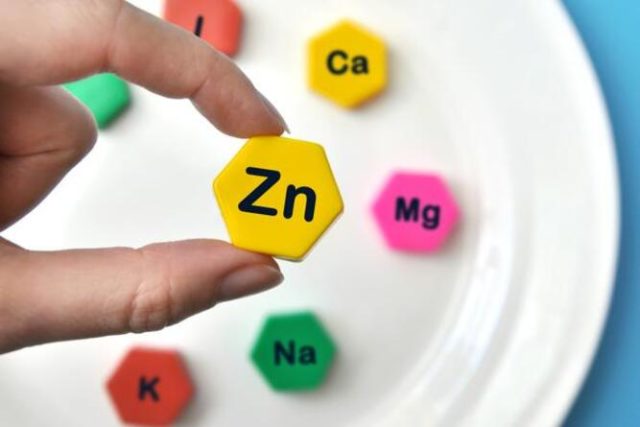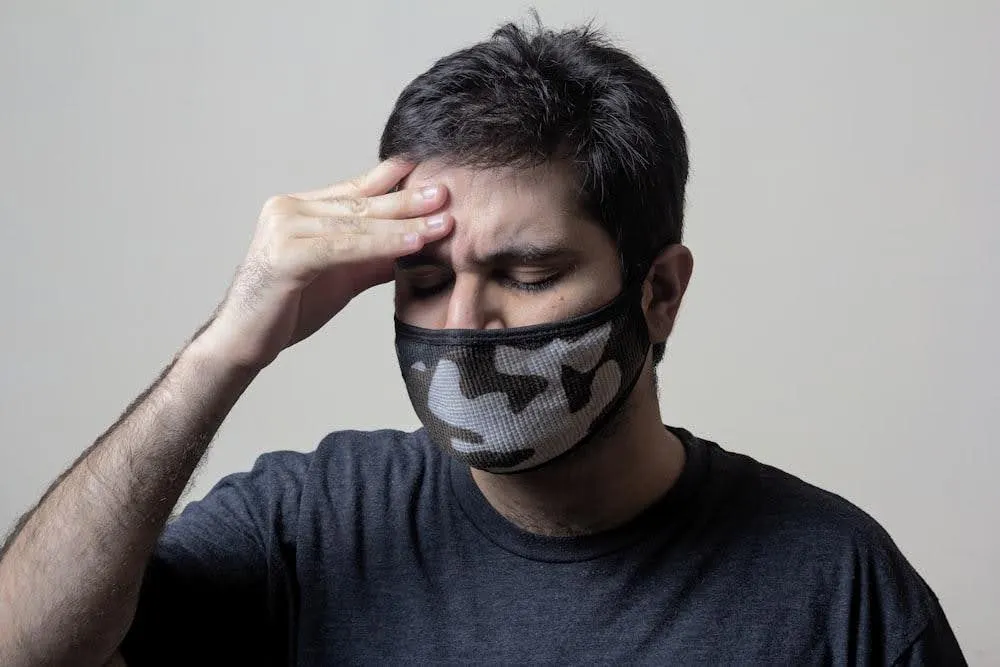Zinc helps us with healthy growth and development, speeds up our wound healing process, and aids to strengthen our immune system. Although zinc deficiency isn’t really common, some persons, such as vegetarians, pregnant women, and those with gastrointestinal disorders, are at risk. Here are six indicators that your body requires more zinc.
- Recurring colds
A compromised immune system is associated with zinc deficiency. It may indicate a zinc deficit if someone starts to get colds or other infections more frequently. Additionally, research suggests that taking zinc in 24 hours after the onset of cold symptoms can reduce the duration of the illness.
- Hazy vision
It might be brought on by a zinc deficit. High zinc concentrations are found in the eye, which may cause vision changes in people who are lacking in zinc. The retina may alter in severe situations of zinc deficiency.
- Reduced appetite
A low zinc level might be detected by losing your appetite. While doctors frequently observe patients who have lost their appetite, research generally shows the opposite. Although more research is required to fully understand zinc’s function in the body, it is thought that it affects the ghrelin hormone, which in turn affects hunger.
- Sense of smell or taste impaired
A zinc shortage might manifest as an unexplained decline in the perceptions of taste and smell. If they don’t receive enough zinc, older folks are particularly prone to lose their sense of smell and taste. This is due to the need for one enzyme in zinc for a healthy taste and smell.
- Diarrhoea
People who lack zinc may be more prone to Diarrhoea. Unfortunately, you’ll need to keep an eye out for Diarrhoea before and after taking zinc. This unpleasant symptom can result from both overdosing and nutritional deficiencies. Additionally, diarrhoea can exacerbate a mineral shortage by preventing appropriate absorption.
This is also problematic because zinc is necessary for the immune system’s reaction to digestive problems that may result in loose stools.
- Low blood sugar levels
Researchers have discovered connections between zinc and preventing diabetes. Zinc aids in maintaining insulin synthesis and offers natural blood sugar regulation. Regardless of one’s weight or other medical issues, zinc deficiency can result in low insulin. The majority of studies have focused on the advantages of zinc in avoiding diabetes, but there is also mounting evidence of its advantages for people who already have the disease.
Conclusion
Some of us have a daily struggle to take in enough zinc each day. Consult your doctor if you suspect that you or your kid may be deficient in zinc. A supplementation, typically taken in the shape of a tablet or capsule, can be used to get more zinc. Your doctor will let you know the appropriate dosage once they have looked into your symptoms. For the majority of people, eating foods high in zinc is the best method to prevent zinc insufficiency.










































